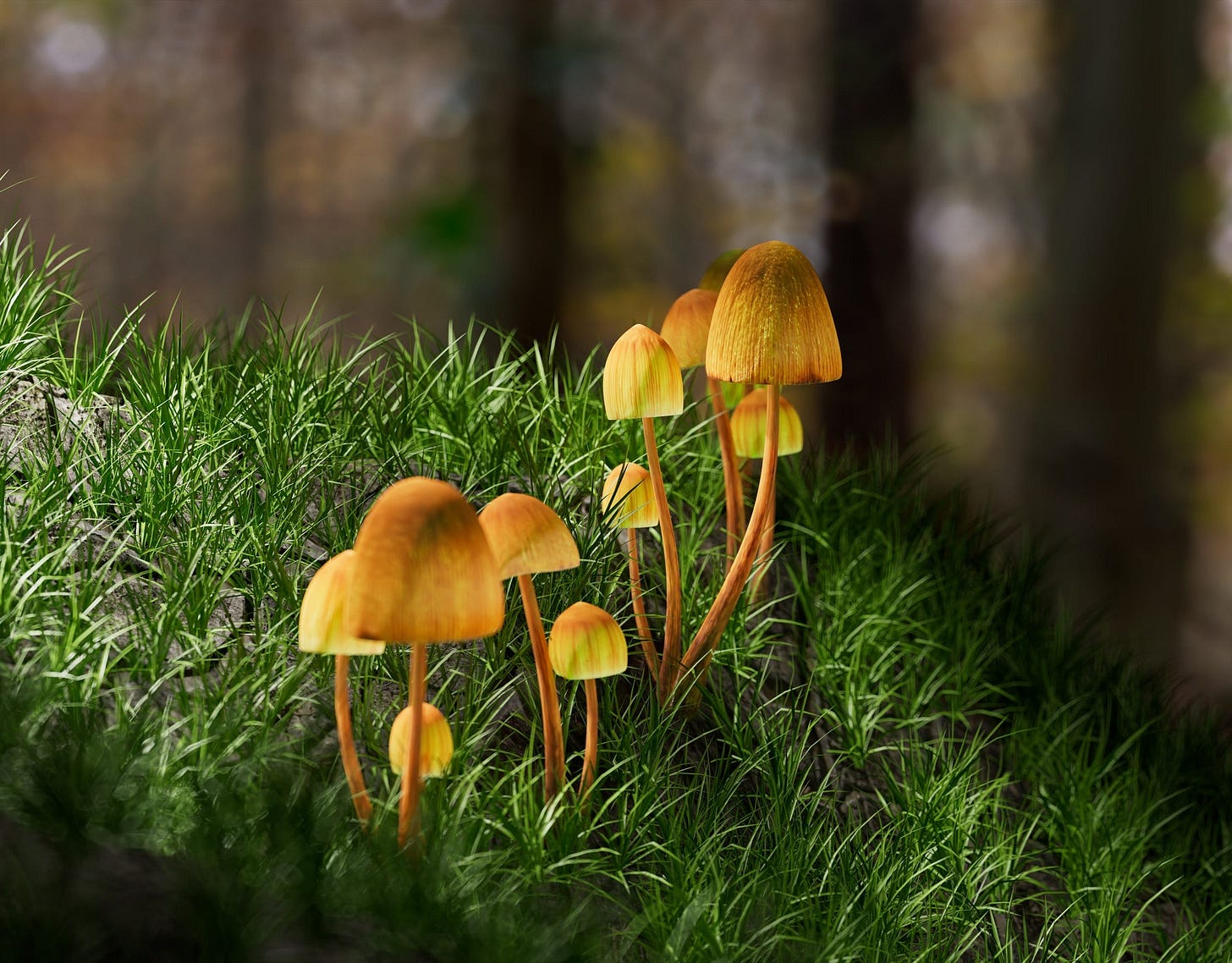The psychedelic renaissance

According to a recent article in The Guardian, there is a new wave of research that is exploring the therapeutic benefits of illegal substances such as ayahuasca, DMT, and psilocybin to treat psychiatric conditions.
The article also mentions that Australian researchers are planning clinical trials of ayahuasca for psychiatric treatments.
In the 1960s, psychedelics were suppressed due to their association with the counterculture movement. However, today, these substances are making a remarkable scientific comeback. Not too long ago, a cloud of stigma enveloped psychedelic drugs, but many scientists and researchers now argue that this reputation is unwarranted.
Over the past few decades, numerous experiments have revealed that when administered responsibly, compounds like psilocybin and LSD can profoundly impact the lives of those who consume them.
The exact mechanisms behind their effects remain somewhat elusive, but empirical evidence strongly suggests their potential in alleviating conditions such as depression, anxiety, obsessions, and even addiction to other substances.
In his video, Ben Goertzel, a leading artificial intelligence researcher and founder of SingularityNET, discusses the potential benefits and risks of giving psychedelic drugs and also speculates about the possibility of creating brain-computer interfaces that could allow humans and robots to share psychedelic experiences. Artificial intelligence researcher Goertzel remarks, “There’s a wealth of insights waiting to be discovered through these substances, but like all valuable things, there are risks involved.”
He, along with many others, believes that by criminalizing psychedelics, modern governments hinder meaningful research and the development of “cultural institutions aimed at guiding individuals towards productive and responsible use of these substances.”
Goertzel, B. (2021, October 26). Humans take psychedelics. Should robots? Big Think1
How these drugs work
Psychedelic drugs work by diffusing through the brain and activating receptors, which makes neurons more excitable and causes widespread changes to neural networks.
They increase the growth and density of neurons in the brain and activate new neural pathways, which can improve mental health, according to some researchers. Psychedelics reduce both the stability and integrity of users’ well-established brain networks and can produce a profoundly altered state of consciousness by loosening the normal constraints on brain functioning, making the brain more flexible and more interconnected.
While the exact mechanisms behind their effects remain somewhat elusive, empirical evidence strongly suggests their potential in treating a range of mental health conditions.
The resurgence of psychedelics in scientific circles is shedding light on a fascinating and promising area of study that has the potential to improve mental health and well-being for countless individuals.
Sources:
J Psychopharmacol. 2022 Mar; 36(3): 258–272.
Published online 2022 Feb 2. doi: 10.1177/02698811211069100
PMCID: PMC8905125
PMID: 35107059
Adverse effects of psychedelics: From anecdotes and misinformation to systematic science
Anne K Schlag,1,2,3 Jacob Aday,1,4,5 Iram Salam,1 Jo C Neill,1,6 and David J Nutt1,2
Follow The Hub Publication for practical tips and inspiring stories.
Write For The Hub Publication — Submission Requirements
We amplify your bold voice and deliver your inspiring stories to our curious and hungry readers.thehubpublication.com




